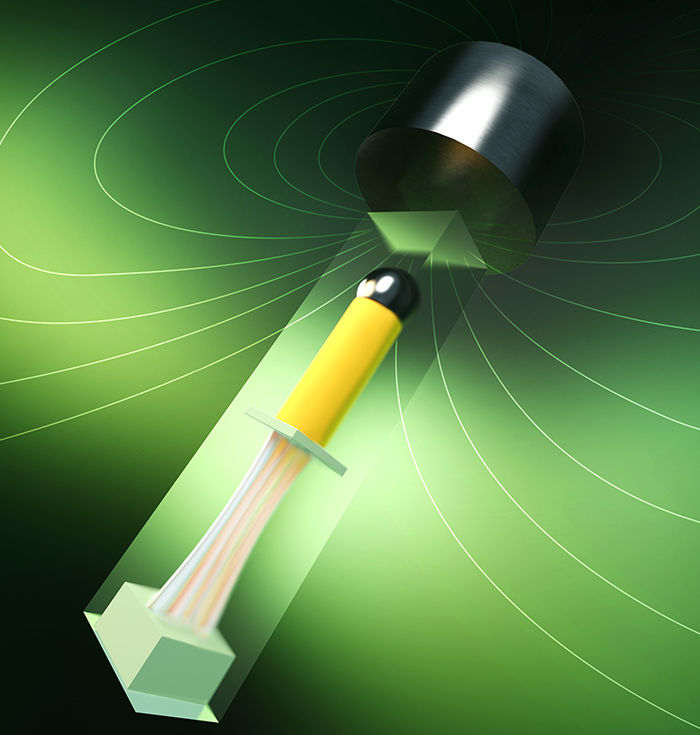Research Highlights
Enhanced Mechanical Testing of Biological tissues
Adrien Hallou and colleagues from the Department of Engineering and MIT propose a new device to measure with unprecidented accuracy the mechanical properties of soft biological tissues and demonstrate that multilayered tissues and organs behave like engineering composite materials.

Mechanical properties of soft biological tissues play a critical role in physiology and disease, affecting cell behaviour and fate decisions and contributing to tissue development, maintenance, and repair. Limitations of existing tools prevent a comprehensive characterization of soft tissue biomechanics, hindering our understanding of these fundamental processes. To overcome this issue, we developed an instrument for high-fidelity uniaxial tensile testing of soft biological tissues in controlled environmental conditions, which is based on the closed-loop interaction between an electromagnetic actuator and an optical strain sensor. We first validated the instrument using synthetic elastomers characterized via conventional methods; then, we leveraged the proposed device to investigate the mechanical properties of a multilayered organ, the murine oeosphagus, individually, and for each of its constitutive layers, namely, the epithelial, connective, and muscle tissues. Through an analysis of strain-stress curves and mathematical modelling, our work demonstrates that the whole oesophagus behaves as a trilayered composite material, whose overall mechanical response depends on the properties of each of its tissue layers and of residual strains between them. Overall, the enhanced reliability of our instrument makes it an ideal platform for future wide-ranging studies of the mechanics of soft biological tissues.
A magnetically actuated, optically sensed tensile testing method for mechanical characterization of soft biological tissues.